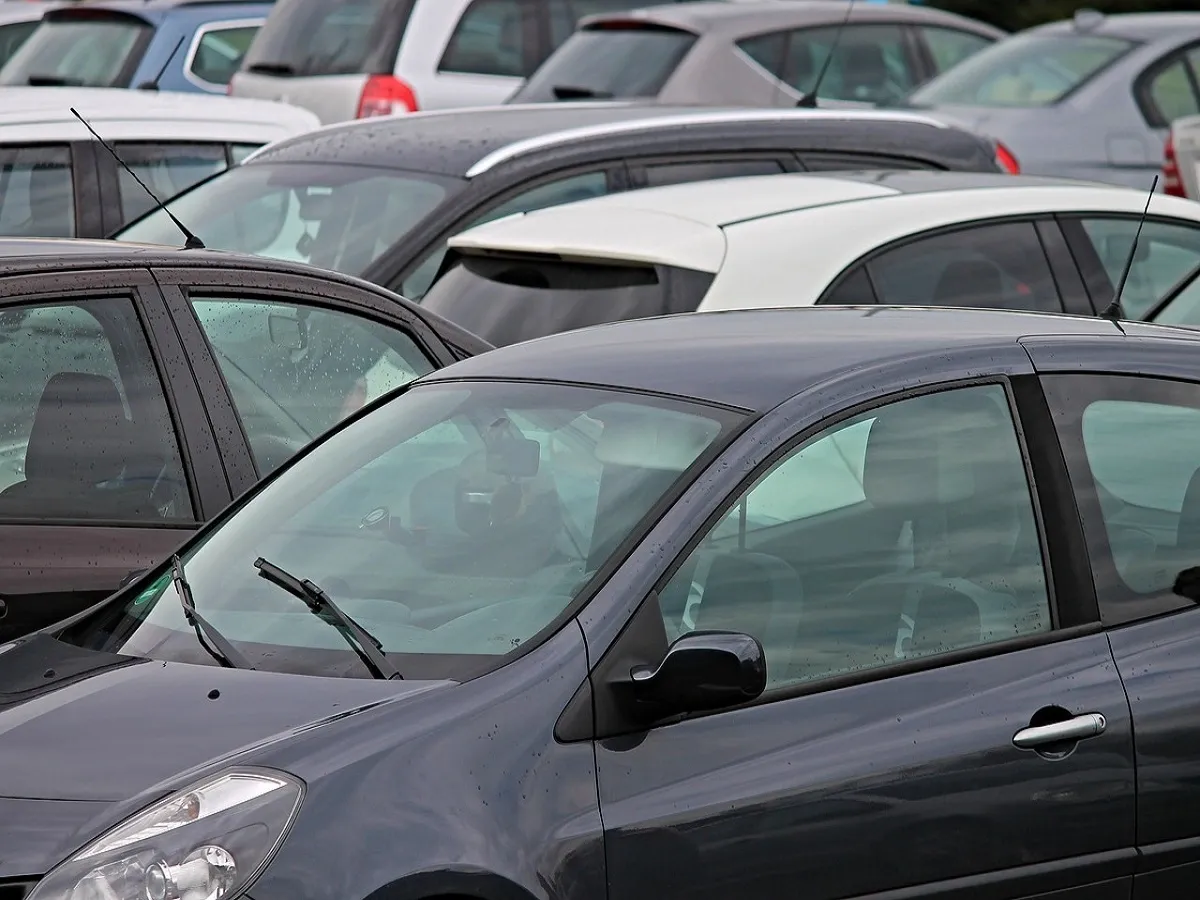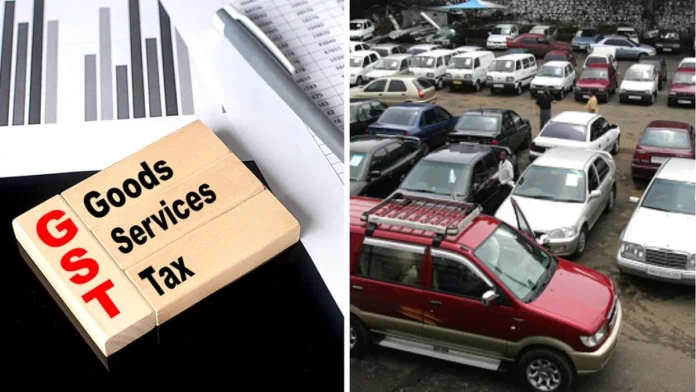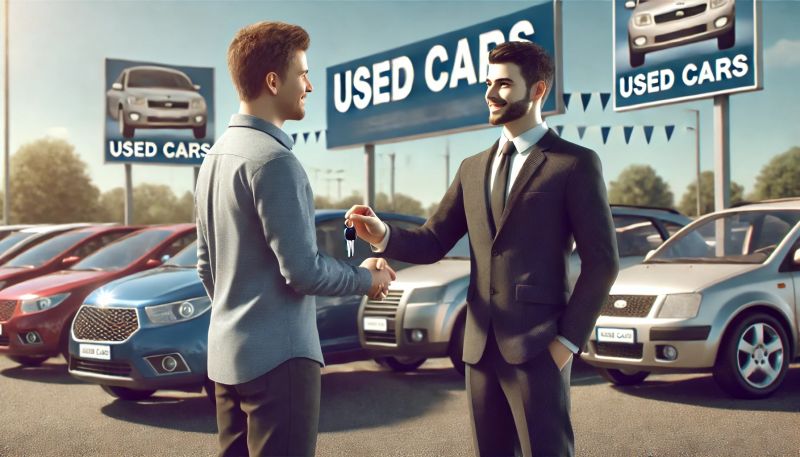GST On Selling Old Cars: The Goods and Services Tax (GST) Council recently revised the GST rate for old and used vehicles, raising it from 12% to 18%. This move has sparked discussions about its impact on buyers, sellers, car dealers, and platforms in the used car industry. The new GST rate applies to sales by dealers and platforms, but individual transactions remain exempt.
Here’s a detailed breakdown of what this means for buyers, sellers, and the used car market as a whole.

Do Individuals Have To Pay GST On Selling Used Cars?
No, individuals selling their used cars to another individual are not required to pay GST. The GST applies only to businesses or platforms dealing in used vehicles.
Will The 18% GST Hike Raise Prices For Buyers?
- Individual Sellers: Buyers purchasing used cars directly from individuals will not be affected by GST, as these transactions are GST-exempt.
- Dealers And Platforms: When buying from a dealer, showroom, or platform like CarDekho or OLX, the GST is calculated on the margin (difference between the purchase price and selling price).

Example:
- A dealer buys a car for ₹1,00,000, repairs it, and sells it for ₹1,40,000.
- GST of 18% applies to the ₹40,000 margin, amounting to ₹7,200.
- Previously, the GST on this margin was 12%, which would have been ₹4,800.
This increase in GST will likely result in higher prices for buyers purchasing through dealers or platforms, though some businesses may absorb part of the tax.
What Is The GST Rate On Used Electric Vehicles (EVs)?
The new GST rate of 18% also applies to used EVs, SUVs, and small cars. However, the impact on used EV prices is expected to be less significant due to lower dealer margins, as noted by tax experts.
Who Will Be Affected By The GST Hike?
The GST hike is expected to impact various stakeholders differently:
- Used Car Dealers:
- Dealers will face a 50% increase in the GST rate, from 12% to 18%.
- This hike could shrink profit margins or force them to pass on the cost to buyers.
- Online Platforms:
- Platforms like OLX and CarDekho may need to adjust pricing strategies to accommodate the higher tax rate.
- Buyers And Sellers:
- Buyers purchasing from individual sellers remain unaffected.
- Sellers operating as businesses will see changes in tax implications based on transaction margins.
How Is GST Calculated On Used Cars?
GST on used cars is calculated based on the margin, which is the difference between the selling price and the depreciated value of the vehicle.
Example 1: No GST Due
- Purchase Price: ₹20,00,000
- Depreciation Claimed: ₹8,00,000
- Depreciated Value: ₹12,00,000
- Selling Price: ₹10,00,000
- Margin: Negative (₹10,00,000 – ₹12,00,000 = -₹2,00,000)
- GST: Not applicable as the margin is negative.
Example 2: GST Payable On Positive Margin
- Depreciated Value: ₹12,00,000
- Selling Price: ₹15,00,000
- Margin: ₹3,00,000 (₹15,00,000 – ₹12,00,000)
- GST: 18% of ₹3,00,000 = ₹54,000
Impact On The Used Car Market
On Buyers:
- Individual Transactions: No change in prices due to GST.
- Dealer Transactions: Margins subject to 18% GST, likely increasing retail prices.
On Sellers:
- Individual sellers remain unaffected.
- Dealers face higher tax liabilities, affecting profitability.
On Dealers And Businesses:
- The used car dealership industry, which sold 51 lakh units in FY 2022-23 compared to 42.3 lakh new cars, may see a dip in demand due to higher costs.
What Experts Say About The GST Hike?
Saurabh Agarwal, a tax partner at EY, noted that the GST hike could help streamline the tax structure but might impact short-term margins for startups and dealers. However, for second-hand EVs, the proposed change could reduce costs if margins remain below 27.78% of the purchase price.
What Buyers And Sellers Should Keep In Mind?
- For Buyers:
- Check the source of purchase. Individual-to-individual transactions remain GST-free, while dealer transactions include GST on margins.
- For Sellers:
- Individual sellers are not liable to pay GST.
- Dealers should ensure accurate margin calculations to comply with GST rules.
- For Dealers:
- Adjust pricing strategies to account for the higher tax rate while staying competitive in the market.
The Road Ahead For The Used Car Market
While the GST hike on used cars is likely to increase costs for dealers and buyers purchasing from businesses, it brings uniformity to the tax structure. The move underscores the need for businesses to adapt to changing regulations while maintaining affordability for consumers.
As the used car market continues to grow, stakeholders must balance tax compliance with competitive pricing to sustain demand in one of India’s most dynamic sectors.


